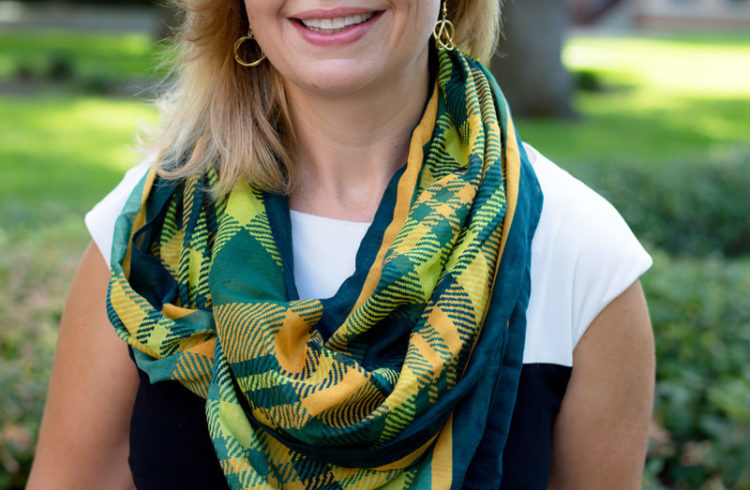
Beth Allison Barr received her B.A. from Baylor University and her M.A. and PhD in Medieval History from the University of North Carolina at Chapel Hill. Her research focuses primarily on women and gender identity in late medieval England, how the advent of Protestantism affected women in Christianity, and medieval attitudes towards women in sermons across the Reformation era. Beth is the author of The Pastoral Care of Women in Late Medieval England and is co-editor of The Acts of the Apostles: Four Centuries of Baptist Interpretation. She is currently working on her next book, Women in English Sermons, 1350-1700. She is also a regular contributor to The Anxious Bench, a religious history blog on Patheos. Beth has been very active in service to her discipline—serving as president of two historical societies (the Texas Medieval Association and the Conference on Faith and History), serving on the diversity committee and program committee for the American Society of Church History, serving on the sexual harassment committee for the Sixteenth Century Society and serving as a board member for The Medieval Review (2015) and the Conference on Faith and History since 2013, as well as CFH program chair (2016) and Vice President (2016).
You can follow Beth on Twitter: @bethallisonbarr
Biblical womanhood–the belief that God designed women to be submissive wives, virtuous mothers, and joyful homemakers–pervades North American Christianity. From choices about careers to roles in local churches to relationship dynamics, this belief shapes the everyday lives of evangelical women. Yet biblical womanhood isn’t biblical, says Baylor University historian Beth Allison Barr. It arose from a series of clearly definable historical moments. This book moves the conversation about biblical womanhood beyond Greek grammar and into the realm of church history–ancient, medieval, and modern–to show that this belief is not divinely ordained but a product of human civilization that continues to creep into the church. Barr’s historical insights provide context for contemporary teachings about women’s roles in the church and help move the conversation forward. Interweaving her story as a Baptist pastor’s wife, Barr sheds light on the #ChurchToo movement and abuse scandals in Southern Baptist circles and the broader evangelical world, helping readers understand why biblical womanhood is more about human power structures than the message of Christ. – From the Publisher


Missio Alliance Comment Policy
The Missio Alliance Writing Collectives exist as a ministry of writing to resource theological practitioners for mission. From our Leading Voices to our regular Writing Team and those invited to publish with us as Community Voices, we are creating a space for thoughtful engagement of critical issues and questions facing the North American Church in God’s mission. This sort of thoughtful engagement is something that we seek to engender not only in our publishing, but in conversations that unfold as a result in the comment section of our articles.
Unfortunately, because of the relational distance introduced by online communication, “thoughtful engagement” and “comment sections” seldom go hand in hand. At the same time, censorship of comments by those who disagree with points made by authors, whose anger or limited perspective taints their words, or who simply feel the need to express their own opinion on a topic without any meaningful engagement with the article or comment in question can mask an important window into the true state of Christian discourse. As such, Missio Alliance sets forth the following suggestions for those who wish to engage in conversation around our writing:
1. Seek to understand the author’s intent.
If you disagree with something the an author said, consider framing your response as, “I hear you as saying _________. Am I understanding you correctly? If so, here’s why I disagree. _____________.
2. Seek to make your own voice heard.
We deeply desire and value the voice and perspective of our readers. However you may react to an article we publish or a fellow commenter, we encourage you to set forth that reaction is the most constructive way possible. Use your voice and perspective to move conversation forward rather than shut it down.
3. Share your story.
One of our favorite tenants is that “an enemy is someone whose story we haven’t heard.” Very often disagreements and rants are the result of people talking past rather than to one another. Everyone’s perspective is intimately bound up with their own stories – their contexts and experiences. We encourage you to couch your comments in whatever aspect of your own story might help others understand where you are coming from.
In view of those suggestions for shaping conversation on our site and in an effort to curate a hospitable space of open conversation, Missio Alliance may delete comments and/or ban users who show no regard for constructive engagement, especially those whose comments are easily construed as trolling, threatening, or abusive.